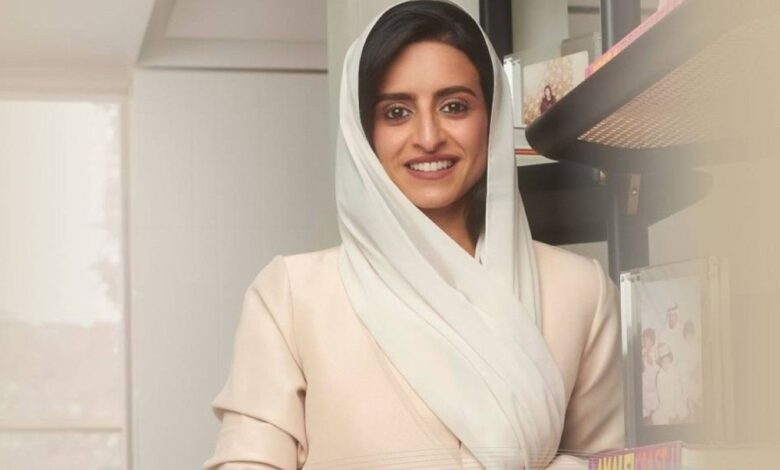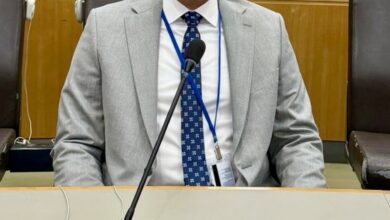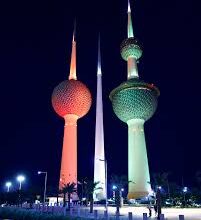Sheikha Nasser Al Nowais becomes first woman to lead UN tourism organization
A historic first for the UAE and women worldwide and if confirmed in November, Sheikha Nasser Al Nowais will not only become the first woman but also one of the few individuals from the Middle East to lead a major United Nations agency. Her election is a milestone for gender equality, regional representation, and the increasing influence of Gulf nations in international affairs.

In a historic breakthrough for gender representation in global institutions, Emirati Sheikha Nasser Al Nowais has been elected as the next Secretary-General of the United Nations World Tourism Organization (UNWTO), becoming the first woman to hold the position since the organization’s founding in 1975. The vote took place on Friday during the 123rd session of the UNWTO Executive Council in San Ildefonso, central Spain.
Sheikha Al Nowais secured victory in the second round of voting, receiving 24 votes, thereby surpassing her main competitor, Greek candidate Harry Theoharis, according to sources from the UN agency quoted by the Spanish news agency EFE. Her appointment still requires ratification by the UNWTO General Assembly, which will convene in Riyadh, Saudi Arabia, this coming November. If confirmed, her term will span from 2026 to 2029, according to news agencies.
Sheikha Al Nowais’ candidacy rose above a competitive field that included Mohamed Adam (Ghana), Habib Ammar (Tunisia), Gloria Guevara (Mexico), and Harry Theoharis (Greece). She is set to succeed Zurab Pololikashvili, who has served as Secretary-General for eight years.
Born in the United Arab Emirates, Sheikha Al Nowais brings a deep well of experience in the tourism and hospitality sector. She currently serves as the Executive Vice President of Owner Relations at Rotana Hotel Management Corporation, one of the leading hotel groups in the region. Additionally, she chairs the Tourism Working Group at the Abu Dhabi Chamber of Commerce and Industry.
Her academic background includes a degree in Business Administration and Finance from Zayed University in Dubai. She began her professional journey in financial auditing and internal control with KPMG, before joining Rotana in 2012 as Director of Internal Audit. Since 2018, she has held her current executive role, where she oversees strategic relations with stakeholders and hotel owners.
Sheikha Al Nowais is also a committed advocate for women in business and tourism, holding memberships in the Abu Dhabi Business Women Council and serving on the Advisory Board of the
Her election comes at a promising time for international tourism. According to Spain’s Minister of Industry and Tourism, Jordi Hereu, who attended the session, Al Nowais’ win reflects growing confidence in her leadership capabilities. The vote was attended by more than 300 delegates from over 30 countries, underscoring the global significance of the decision.
Minister Hereu emphasized that the tourism industry is undergoing a strong rebound, despite ongoing geopolitical tensions and trade uncertainties. The UNWTO reported that global tourist arrivals have nearly returned to pre-pandemic levels, and projections for 2025 estimate an annual growth of 3% to 5% in international travel.
The UNWTO, which is celebrating its 50th anniversary this year, plays a central role in shaping sustainable tourism policies, fostering global cooperation, and promoting responsible tourism practices. Its Executive Council, made up of elected member states, is tasked with ensuring the organization’s operations remain effective and within budget. The Council meets at least twice each year.
A historic first for the UAE and women worldwide and if confirmed in November, Sheikha Nasser Al Nowais will not only become the first woman but also one of the few individuals from the Middle East to lead a major United Nations agency. Her election is a milestone for gender equality, regional representation, and the increasing influence of Gulf nations in international affairs.
Her leadership is expected to bring fresh perspectives to global tourism strategies, especially in the areas of sustainability, innovation, and inclusive growth, reinforcing the vital role tourism plays in economic recovery and cultural exchange worldwide.












